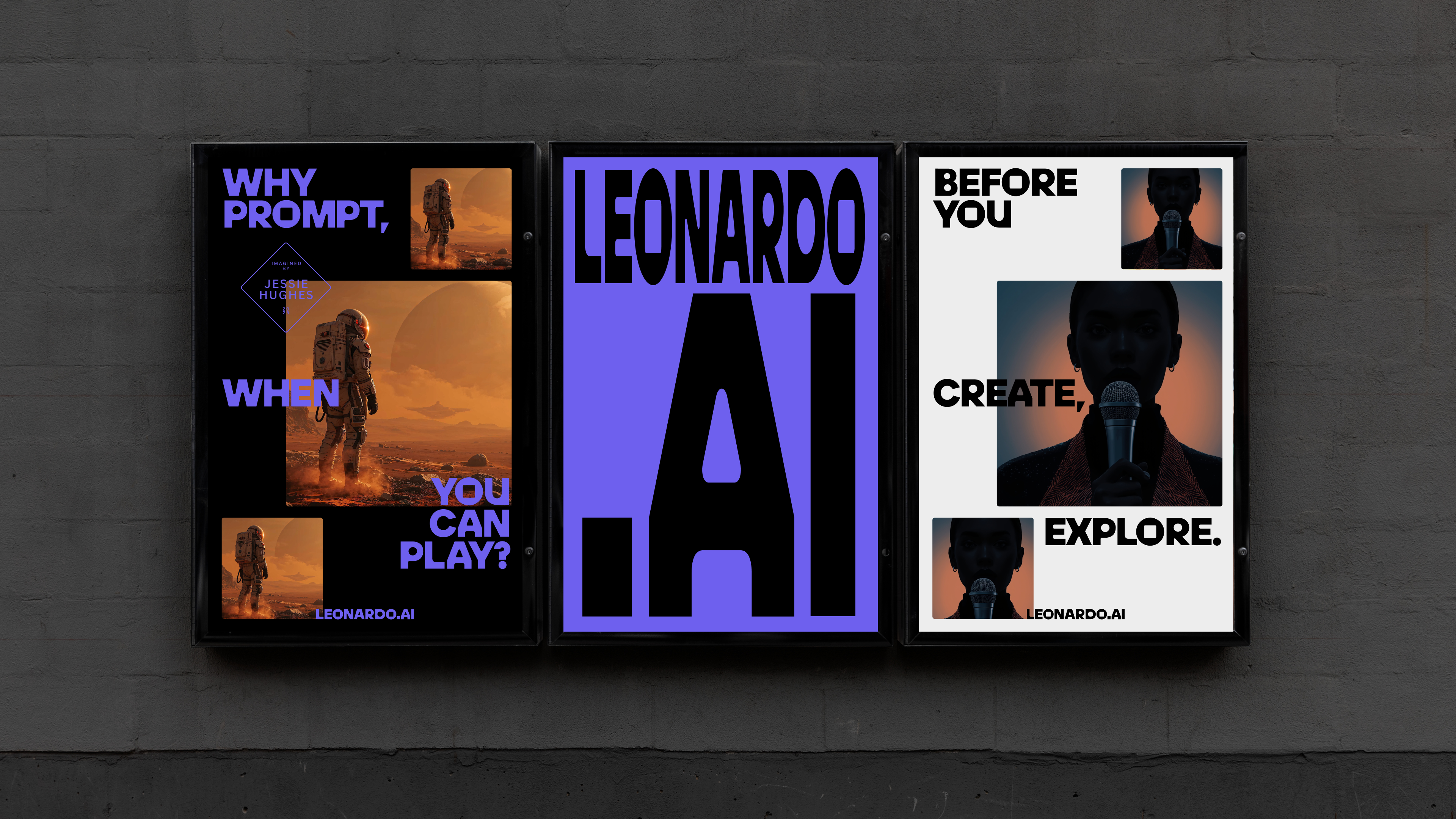“Slowly infuse before you rapidly change your logo,” The Blackpepper Studio on the dos and don’ts of branding
Brands like Jaguar, Apple, Jet2holidays and more go under the spotlight.
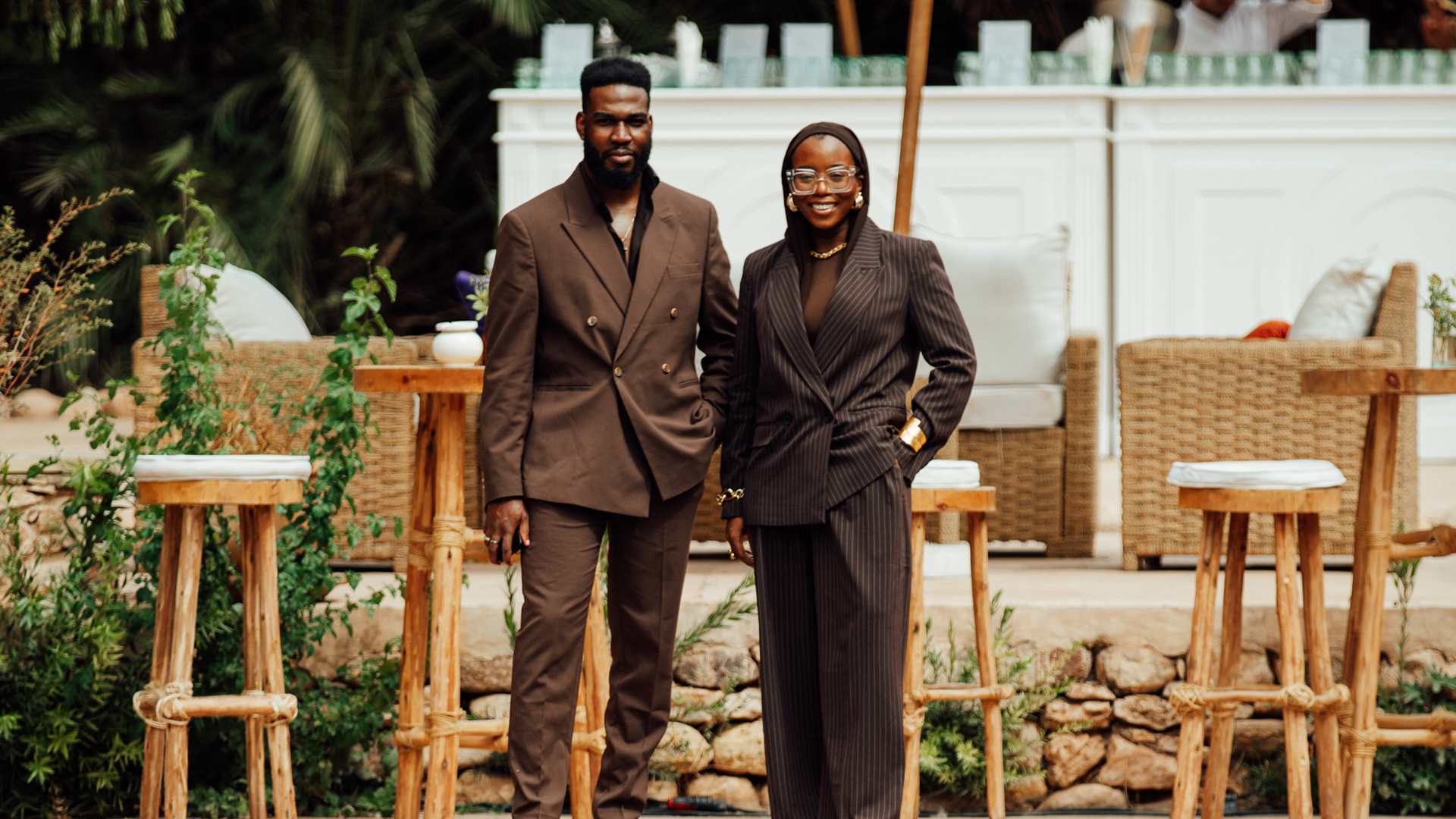
Sign up to Creative Bloq's daily newsletter, which brings you the latest news and inspiration from the worlds of art, design and technology.
You are now subscribed
Your newsletter sign-up was successful
Want to add more newsletters?

Five times a week
CreativeBloq
Sign up to Creative Bloq's daily newsletter, which brings you the latest news and inspiration from the worlds of art, design and technology.

Once a week
By Design
Sign up to Creative Bloq's daily newsletter, which brings you the latest news and inspiration from the worlds of art, design and technology.

Once a week
State of the Art
Sign up to Creative Bloq's daily newsletter, which brings you the latest news and inspiration from the worlds of art, design and technology.

Seasonal (around events)
Brand Impact Awards
Sign up to Creative Bloq's daily newsletter, which brings you the latest news and inspiration from the worlds of art, design and technology.
The Blackpepper Studio is an award-winning design and experiential studio headed by Nkenna Amadi, co-founder and lead web designer and developer and Asmah Mansur-Williams, co-founder and lead brand designer. It is based in London but heavily influenced by the Lagos roots of its founders.
I met the duo at Frontify's conference – Paradigms – recently, following their talk on the tension between heritage and evolution, all about pushing brands forward while respecting the past.
I asked the pair how brands can successfully do this. "One of the fundamental things is intention but also that foundation," said Asmah. "You have the foundation and you build on it – always returning back to that core as opposed to building from halfway." And once you have that foundation, she argued, everything feels quite authentic.
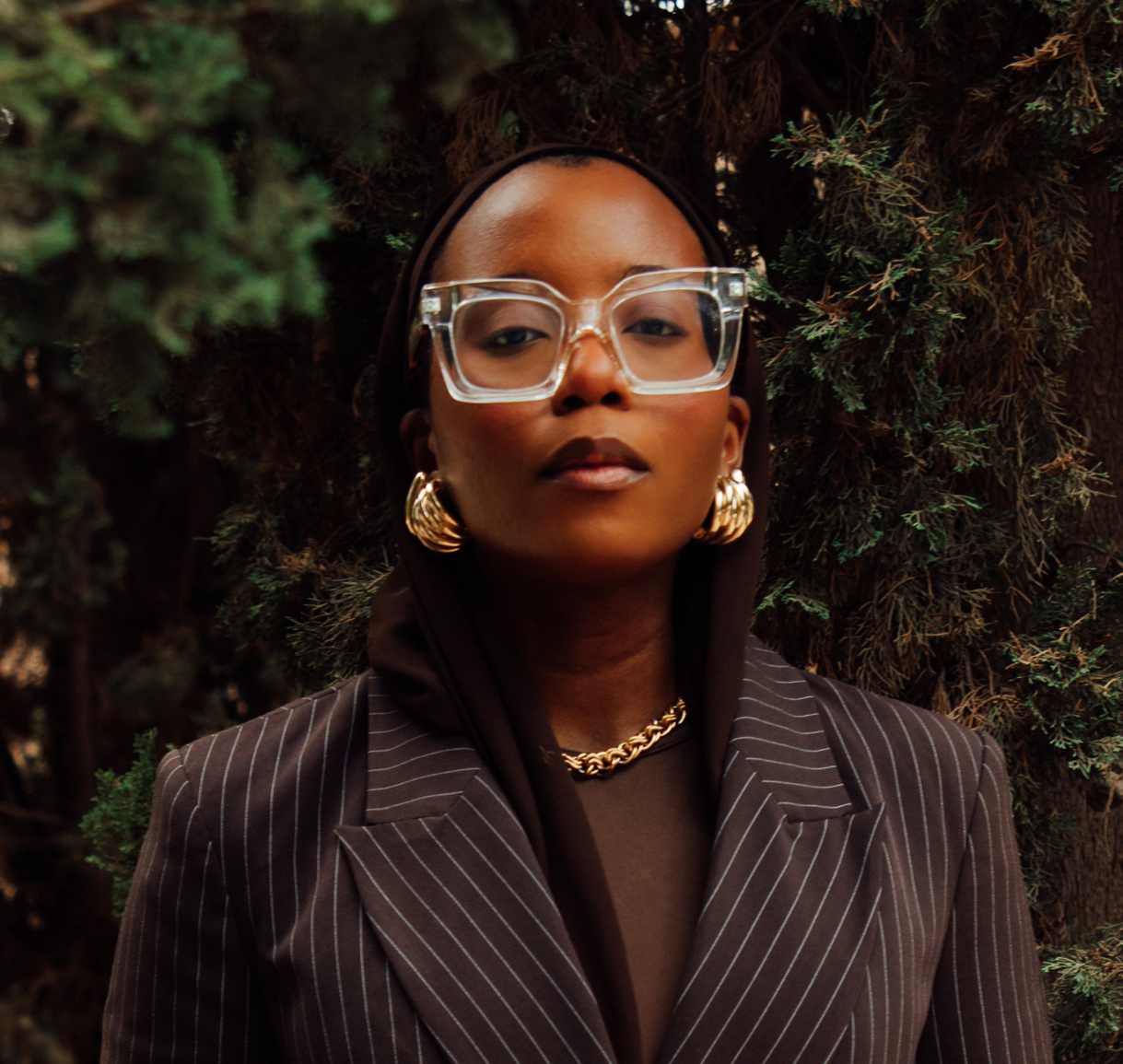
Asmah Mansur-Williams is a London-based visual designer and the co-founder of The Blackpepper Studio (TBP), an award-winning multidisciplinary design and experiential studio. With a passion for modern storytelling and a keen eye for cultural nuances, Asmah brings a diverse lens to crafting expressive brand identities, editorial layouts, and digital experiences that resonate deeply with audiences.
Of course, brands need to constantly adapt to different voices, markets and trends, but jumping on every single trend isn't the right way to go, she said. "Sometimes you get the right trend that hits your brand's DNA or your brand's foundation, then that's a good thing to jump onto because consumers can see your authenticity, they know that this is what you've been saying... you don't have to force it."
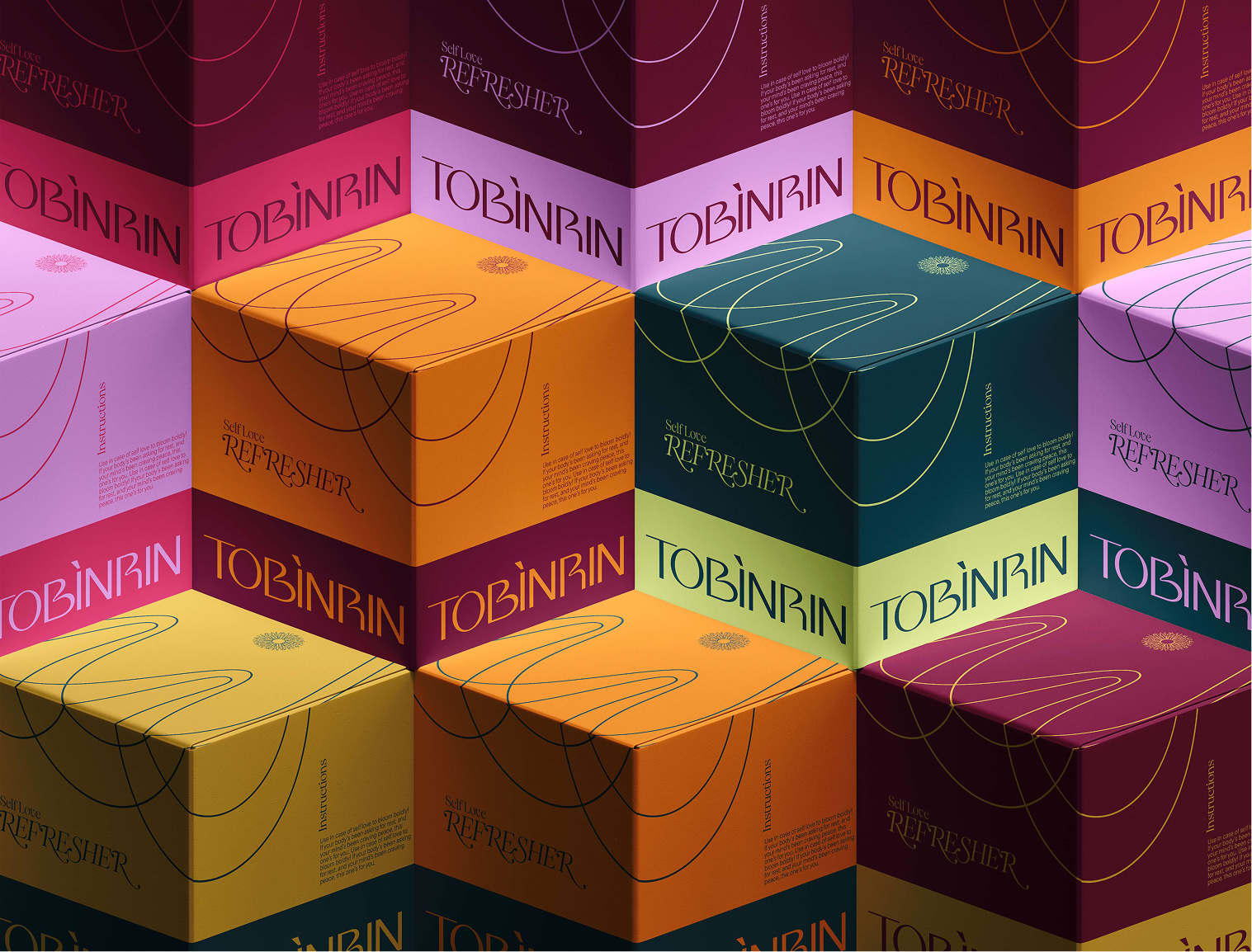
Which brands have successfully jumped on trends? Nkenna pointed to Coca-Cola's recent Brazilian campaign as an example, where painters and artists drew new illustrations of the brand in the modern age. "They still infused that sense of heritage in a way that resonates with the arts community in a way that feels a little bit more fun," he said.
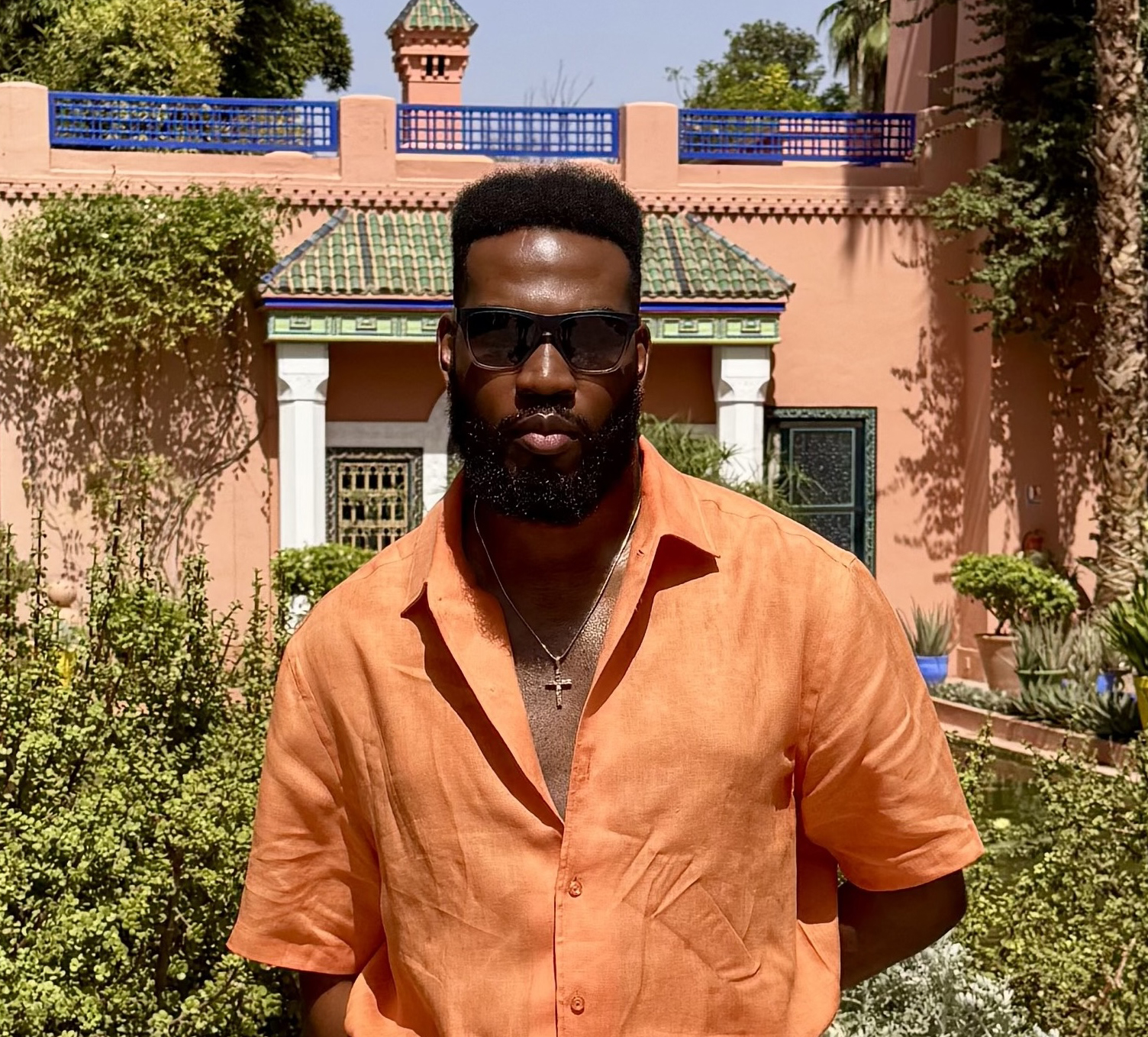
Nkenna Amadi is a London-based creative technologist and co-founder of The Blackpepper Studio (TBP), an award-winning multidisciplinary design and experiential studio. With over five years of experience blending modernist aesthetics and cutting-edge front-end development, he has led projects that earned multiple international awards across web development, UI, UX, and innovation.
Asmah mentioned the Jet2holiday trend, about holiday flops, where people record their holiday disasters with the Jet2 soundtrack. "Things happen on holidays that sometimes we document and then we laugh about later," she said.
"I think having a theme song for holiday mishaps is actually the right moment for them to really capitalise on."
Sign up to Creative Bloq's daily newsletter, which brings you the latest news and inspiration from the worlds of art, design and technology.
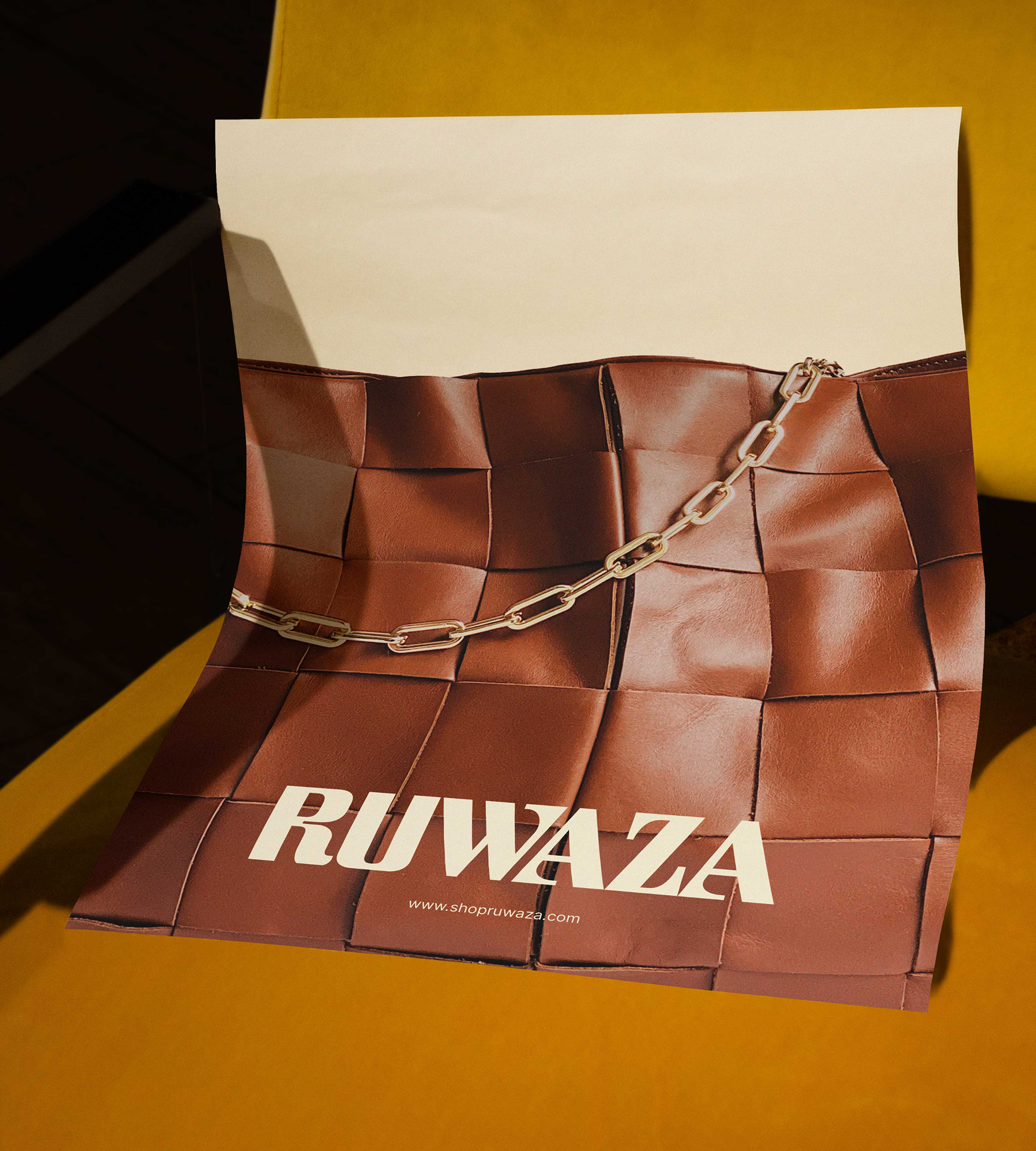
We then moved on to talking about brands that resonate beyond borders. "One brand that comes to mind that goes not even just beyond borders, but across different generations and ages of people is Apple," said Nkenna.
"It's minimal, but at the same time it feels premium. So it doesn't tell you that it's too out of reach but at the same time, it's relatable and still something that's well done. And it fits within any type of culture you want to put it into. It doesn't feel like it's an interruption into culture, it just stays in its own space of being accessible to everyone."
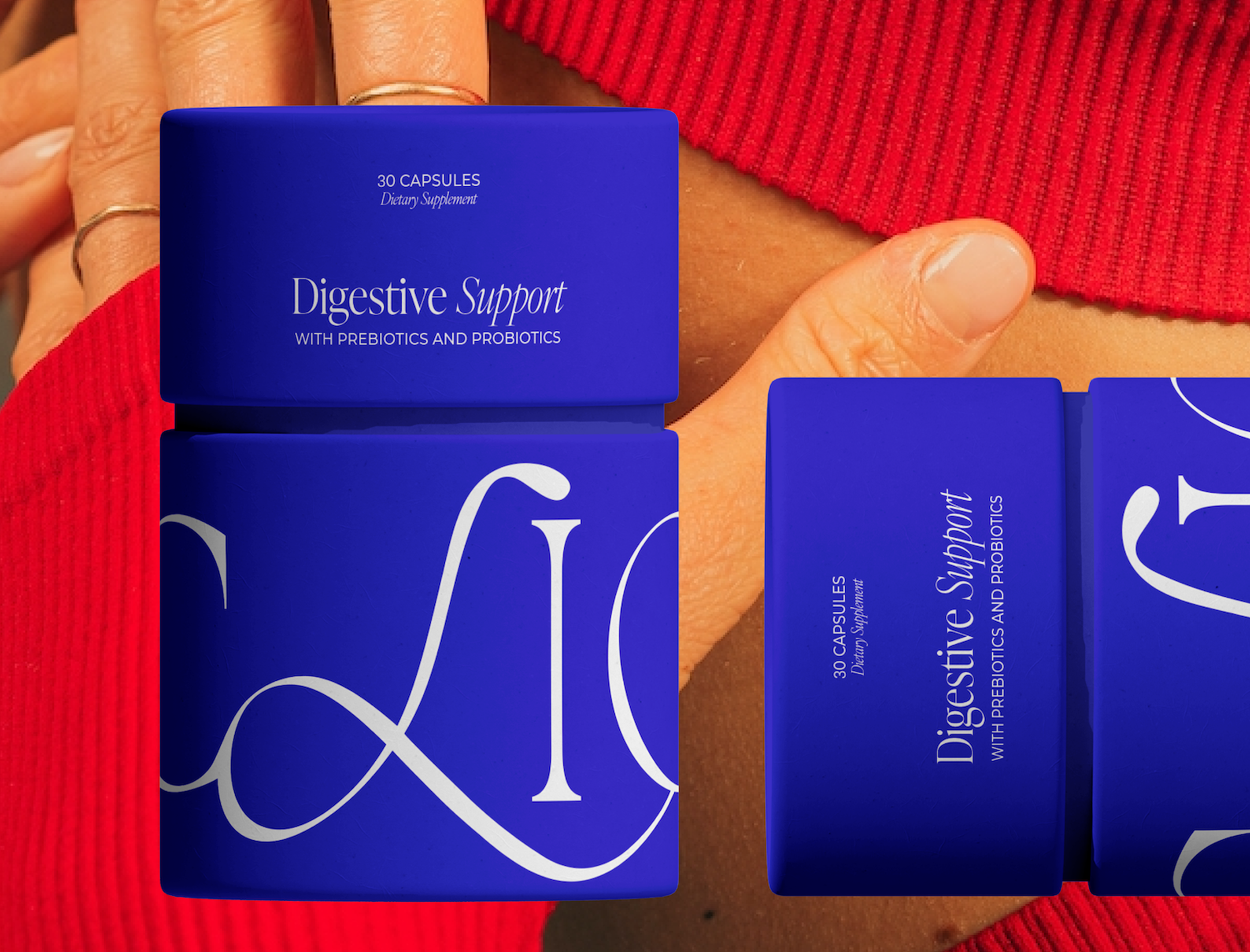
How have Apple done this? "I think they're very intentional with their design," said Nkenna. "They do a lot of research and have different users experimenting and seeing what exactly is hitting with them and what ties into their own story."
It also comes back to having that grounding. "I think they have a core foundation and they don’t stray too much from it," he added. And of course, the product has got to be good: "At the same time, they've embraced making sure they have products that are uniquely new all the time."
But what about when it all goes wrong? I asked Asmah and Nkenna for an example of a brand that didn't respect its heritage, and it'll come as no surprise that they used Jaguar as an example.
"They were more leaning towards British heritage," said Nkenna. "But now they felt like they wanted to appeal to a younger generation... and embrace a wider market. That’s one example of where things went drastically wrong," he said, adding that it is too soon to tell if things have gone wrong from a business perspective.
A lot of consumers' reactions with rebrands like Jaguar come down to an aversion to change. You have to be careful before you change things like a logo, said Asmah. "Even if you want to be in a new market, slowly infuse before you rapidly change your logo. It's almost like I'm in a brown suit and then literally you turn back and I'm in fuschia. So of course you’re shocked, there’s that element of surprise."
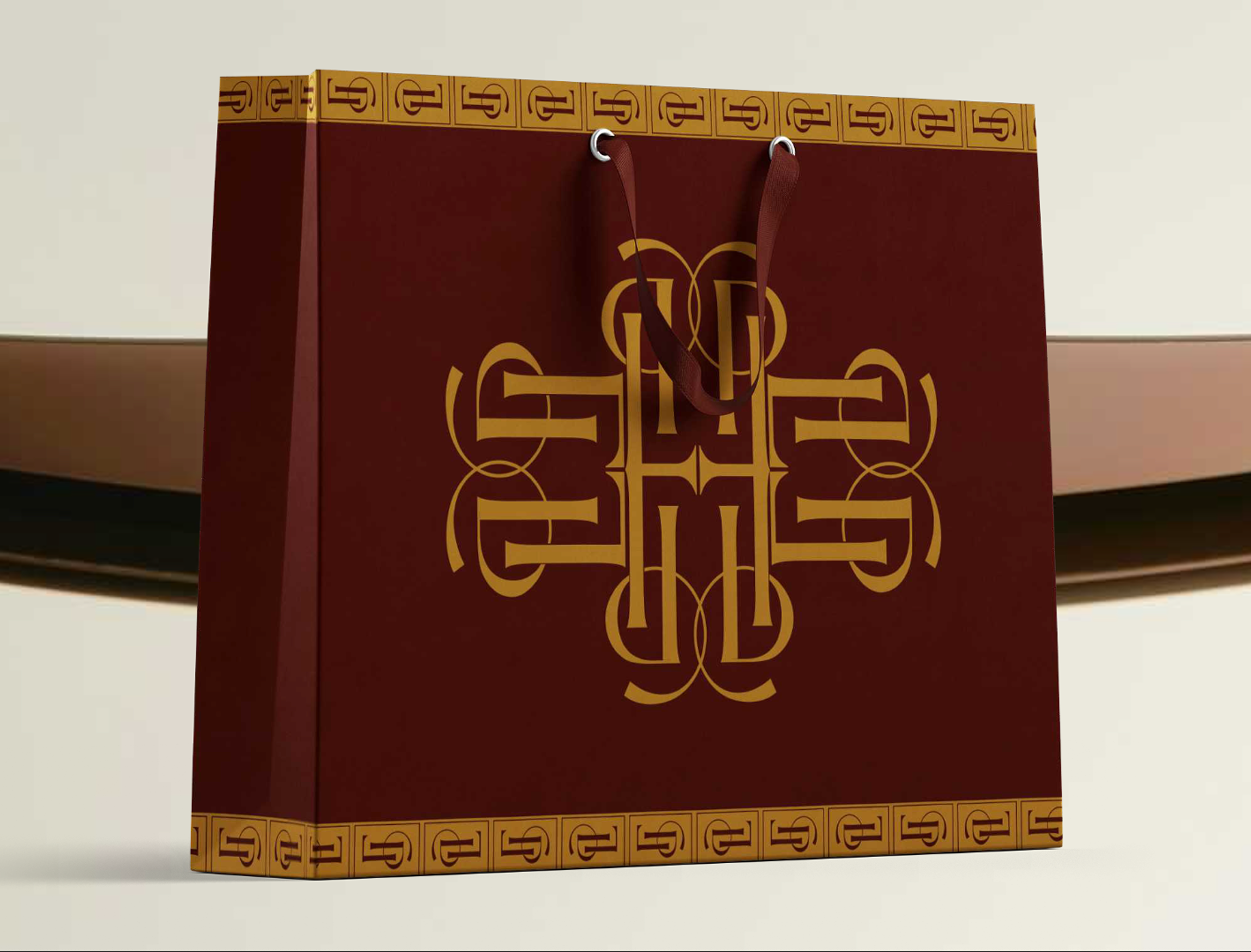
When it's done well, it works, but then when it isn't, it makes it much, much worse. "I think with Jaguar it was out of the blue, there wasn’t any tilt towards the new direction," said Asmah. "It's also that lesson to slowly introduce change and then get the new market adapting to it slowly before you roll out your new rebrand."
Nkenna added that the Jaguar rebrand had another problem. "When you think about Jaguar as a brand, you're thinking about a car. But with a lot of the promotional material that’s been put out, I saw more fashion, so what exactly am I being sold? So there was just a kind of disconnect between what I know Jaguar for, and where’s the actual car? What does the new car look like? Am I still your core audience?"
Moving on from Jaguar, I asked Nkenna and Asmah how their background influences the work they do today. "In Lagos, Nigeria there’s a bustling spirit. Things are always on the move. In our work there’s also a lot of movement," explained Nkenna. "It might be slick animations... or softer animations, but one key thing [in our work] is always this sense of movement. It doesn’t feel static, it always feels alive, like it’s changing."
"Different areas in Lagos give a different experience and that’s also how our work is," he continued. "One other thing is there's always a story to be told. With our tradition, there's a lot of story to be told. Everybody’s name has a story to it. Everything we say has a story to it. So we always think about that with the work that we do: what is the story? And that's how we really infuse things. There's the aspect of story and there's an aspect of movement as well."
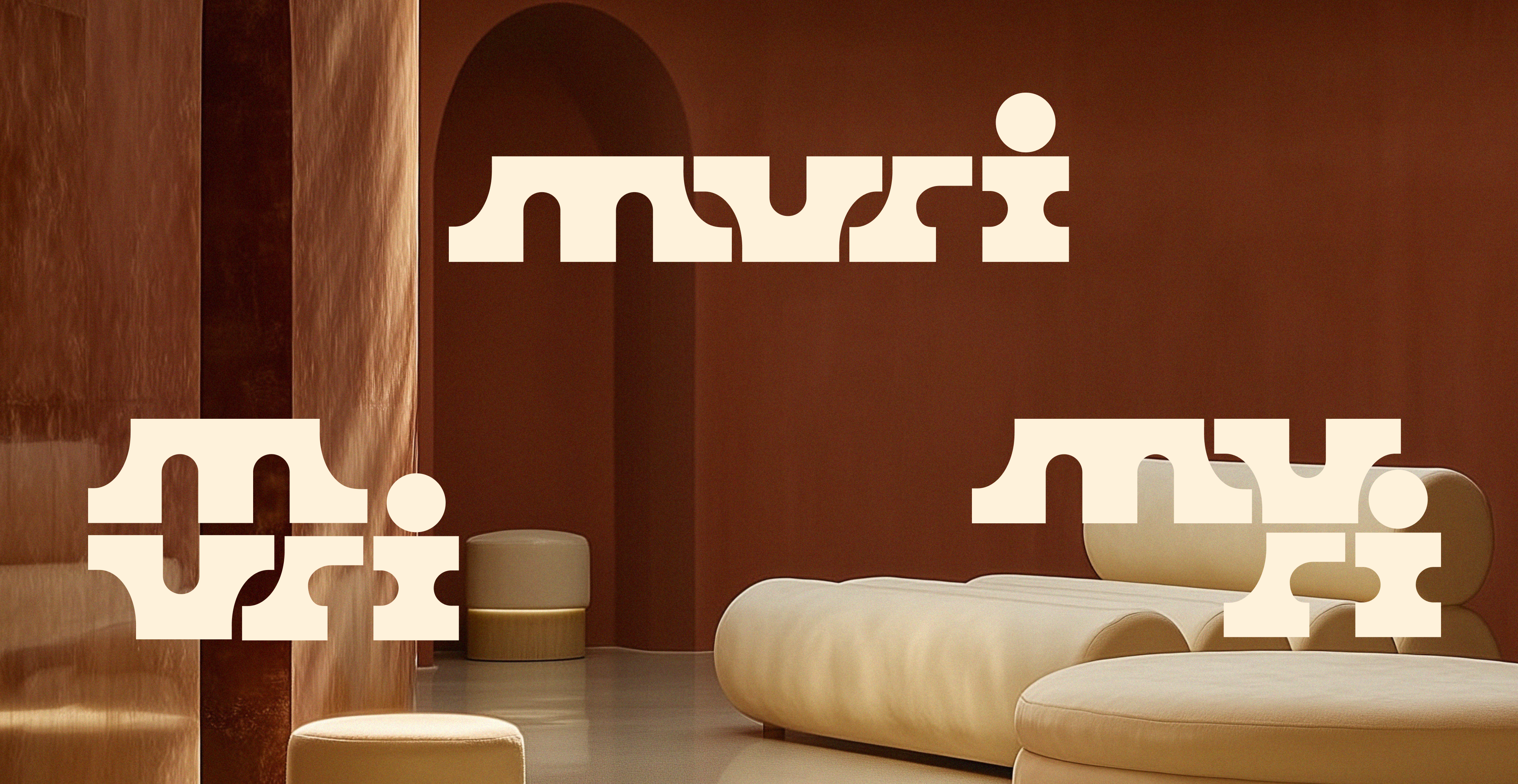
To finish our chat, I asked The Blackpepper Studio what the one thing they wish more people understood about their role is. "It does involve way more intentionality than it looks, it's not just vibes," laughed Asmah. "I feel like when we present something, you present colour and other elements, but the amount of weeks it takes to think about the boxes and the colour!
"Even sometimes when I'm in the midst of brainstorming or building a brand, I'm sort of thinking this is meant to be vibes. But it's not vibes. I’m mindful that as much as it feels like a fun job, it's actually really brain-taxing, and in order to be successful it has to be very intentional."
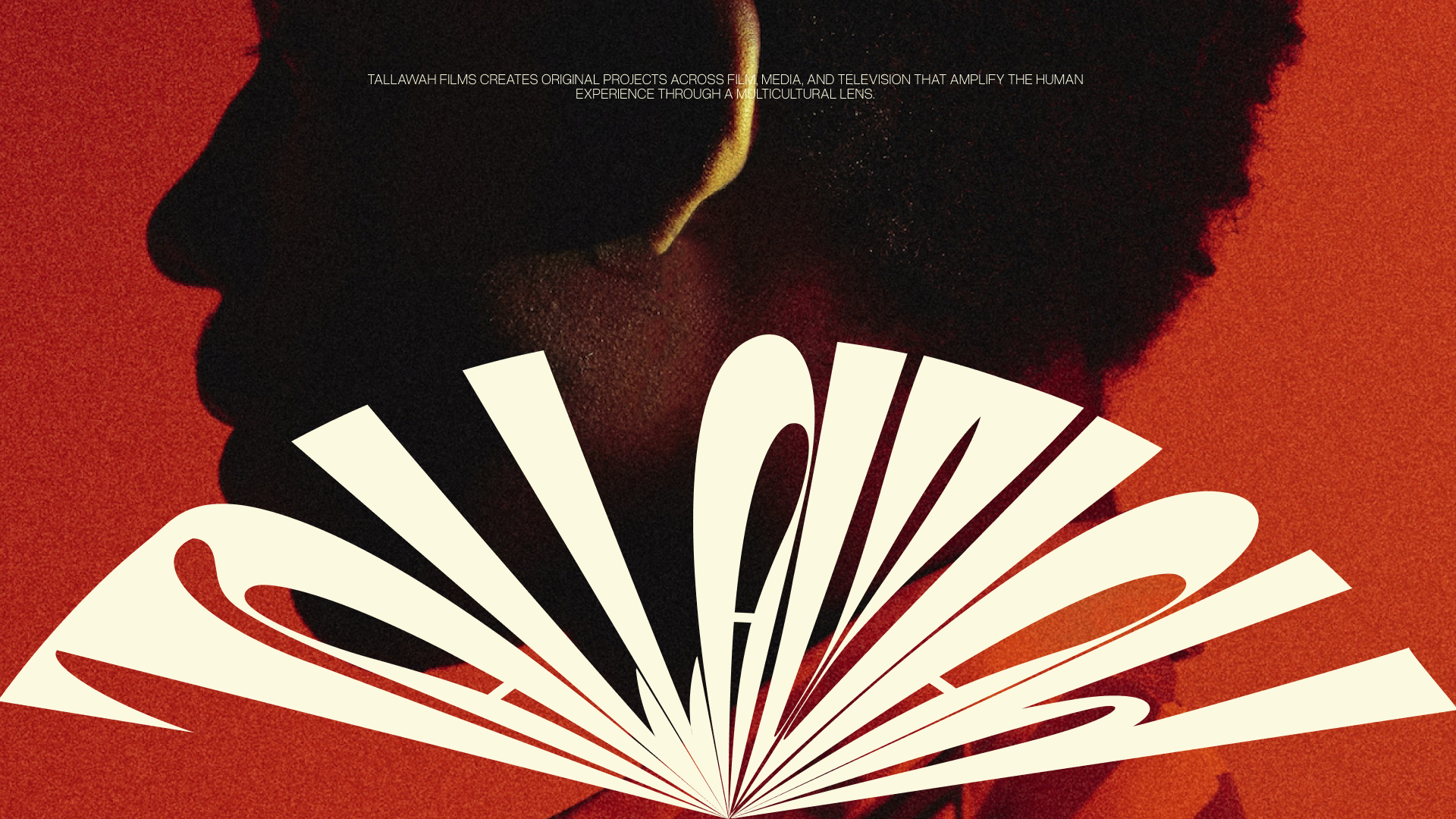
Nkenna's answer was all about time. "I think it is an appreciation of the fact that good work takes time. And good work is meant to be work that will last over time. I think a lot of people are very shortsighted and say, okay, ‘I need a website now’ and they want something tomorrow. And they don't realise that you can't get a thing that will last for 10 years tomorrow. It will take time to get something that is not necessarily only going to be beautiful for what you have now but how you will grow.
"You want to make sure that when you look back five years from now, you're like, this still resonates with my story. Yes, there might be slight differences in terms of audience or customer groups or where I want to take the brand to, but at the same time, for the core functionality, this is standing the test of time. Obviously that is not a tomorrow thing. It is something that needs to be intentionally done over a period of time that would then translate to the future. So yeah, good work takes time."
Find out more about Black Pepper Studio and Paradigms.
For more from Paradigms, see my chat with James Greenfield of Koto and Spotify's Bianca Berning.

Rosie Hilder is Creative Bloq's Deputy Editor. After beginning her career in journalism in Argentina – where she worked as Deputy Editor of Time Out Buenos Aires – she moved back to the UK and joined Future Plc in 2016. Since then, she's worked as Operations Editor on magazines including Computer Arts, 3D World and Paint & Draw and Mac|Life. In 2018, she joined Creative Bloq, where she now assists with the daily management of the site, including growing the site's reach, getting involved in events, such as judging the Brand Impact Awards, and helping make sure our content serves the reader as best it can.
You must confirm your public display name before commenting
Please logout and then login again, you will then be prompted to enter your display name.
